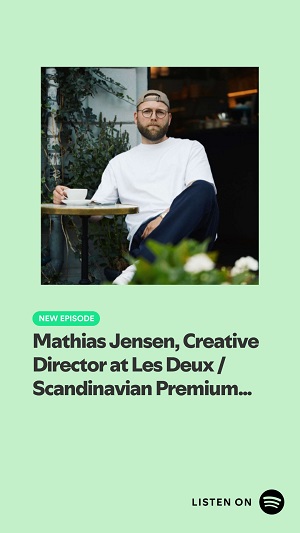1
HOME > Events >
MASCHIO FORUM 2019 KEY INSIGHTS & FINDINGS
THE FIRST FASHION BUSINESS SUMMIT SPECIALISING IN MEN’S FASHION & LIFESTYLE
Written by Craig Landale in Events on the 7th February 2019
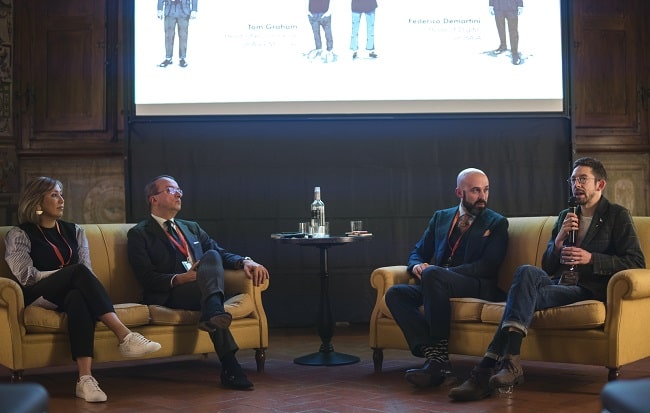
Last month we attended the first fashion business summit by the Maschio Forum which took place during the recent Pitti Immagine Uomo International Fashion Fair. Once a year, all professionals will gather and discuss ‘What Matters’ in this industry, ‘With Those Who Matter’. It was a day of networking and expert insights in business from some top players within the fashion industry. The importance of gathering data across design, production, distribution and promotion was highlighted because “without data you’re just another person with an opinion”. With this in mind Pablo Gamundi and Arianna Mereu talked about the state of fashion in 2018 and how it will affect 2019 ahead.
Three key areas of focus were the global economy, industry and the consumer. For the global economy a key takeaway was that of China’s domestic cotton demands which are growing, resulting in more cotton imports. Cotton Incorporated senior economist Jon Devine has said, “China traditionally has a production deficit between 10–15 million bales. That deficit had been filled by reserves in recent years, but with reserves now lower, that gap should be increasingly filled by imports.” This is likely to come from the US who is the world’s largest cotton exporter, followed by India. This tariff war will have direct implications on China’s raw material costs, and hence its finished product costs. But, this will also open India’s avenues of gaining more market share in China’s cotton imports. But higher sales may not be enough to offset rising foreign manufacturing costs and an influx of shoppers may be balanced by an outflux of international talent from the industry. If there is a no deal Brexit, UK manufacturers will be subject to a bewildering array of tariffs.
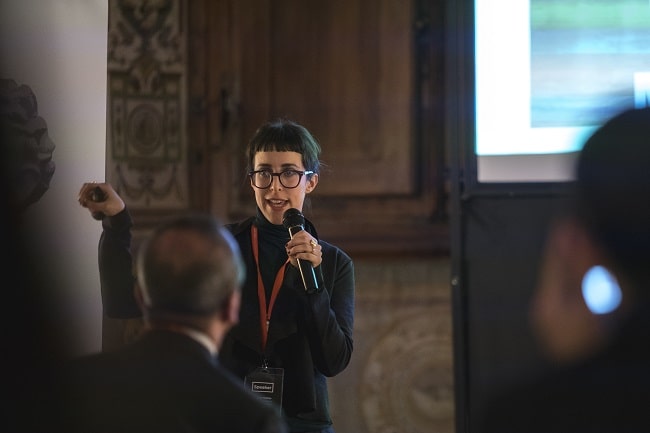
Zara was used as a case study, showing this quick implementation process in the brand’s logistic operations. Zara is known for being able to create a new design and have the finished product shipped to all 2,213 stores in just two short weeks. In these two weeks, Zara can design, produce, market and distribute a brand-new item that reaches all 93 countries that the clothing giant operates in. As more retailers are entering the menswear market and men are faced with a greater choice of products, styles and sizing, the sector is becoming more competitive. Euromonitor predicts the trend will continue, forecasting that men’s clothing sales will grow 1.9% in 2021, compared to just 1.4% for women’s clothing.
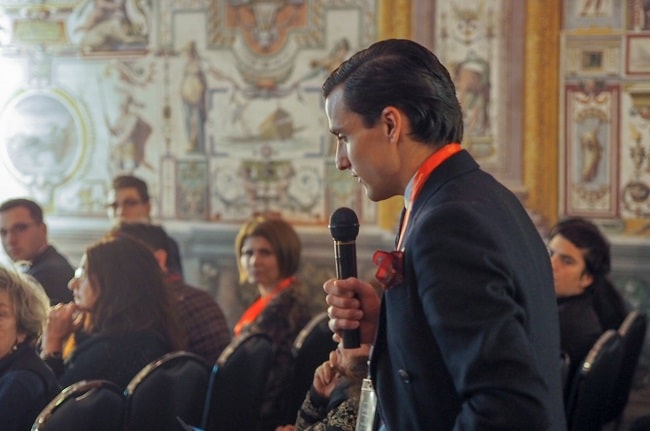
A great quote which captured how the consumer generation is changing was that of Jack Ma of Alibaba Group who once stated “My grandmother has only 1 shirt in her wardrobe. My mother has 3. My daughter has 50 and 48% of them she never wears.” The average person spends more than a day a week online and 82% of all smart-phone users consult their phones before making a purchase. A big warning of Black Friday sales was also discussed in depth. The key lesson here is that once you join in, it is hard to go back. Once the customer is used to that signal, it can take up to three years to re-educate customers. You attract more discount customers, but your margin erodes and your quality declines.
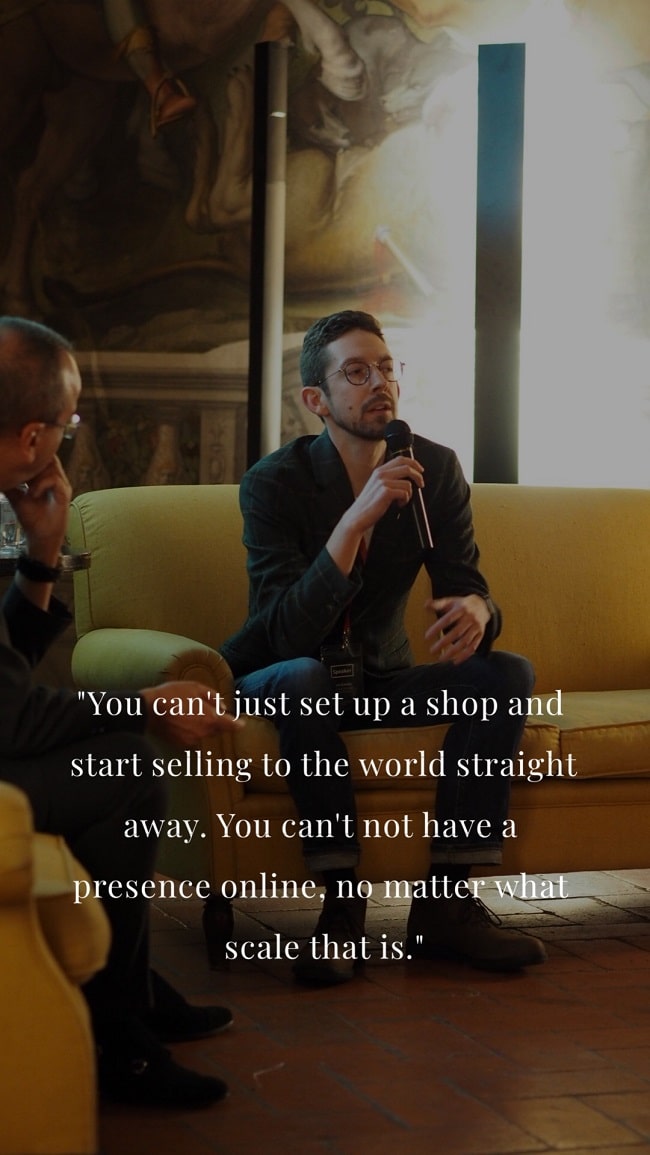
The final part of the day was a round table discussion dubbed La Tavola moderated by Professor Marco Crisci of Polimoda. The discussion title was ‘eCommerce or Die’ which focused on the difficulties, problems and rewards of both physical stores and transactional websites. Tom Graham, Ecommerce Manager at Alex Monroe stated “You can’t just set up a shop and start selling to the world straight away. You can’t not have a presence online, no matter what scale that is.” He went on to discuss how a physical store can compliment a website where customers will come into store for an experience and to see the product being made by hand, but may then make purchases via the website afterwards. Eva Perozo Guedez, Head of eCommerce & Digital at Santa Eulalia highlighted the tough challenges with ecommerce stating “For the first three years you can expect to lose money. You need to work hard in the beginning with product shoots, logistics, transport and staff to upload content.”
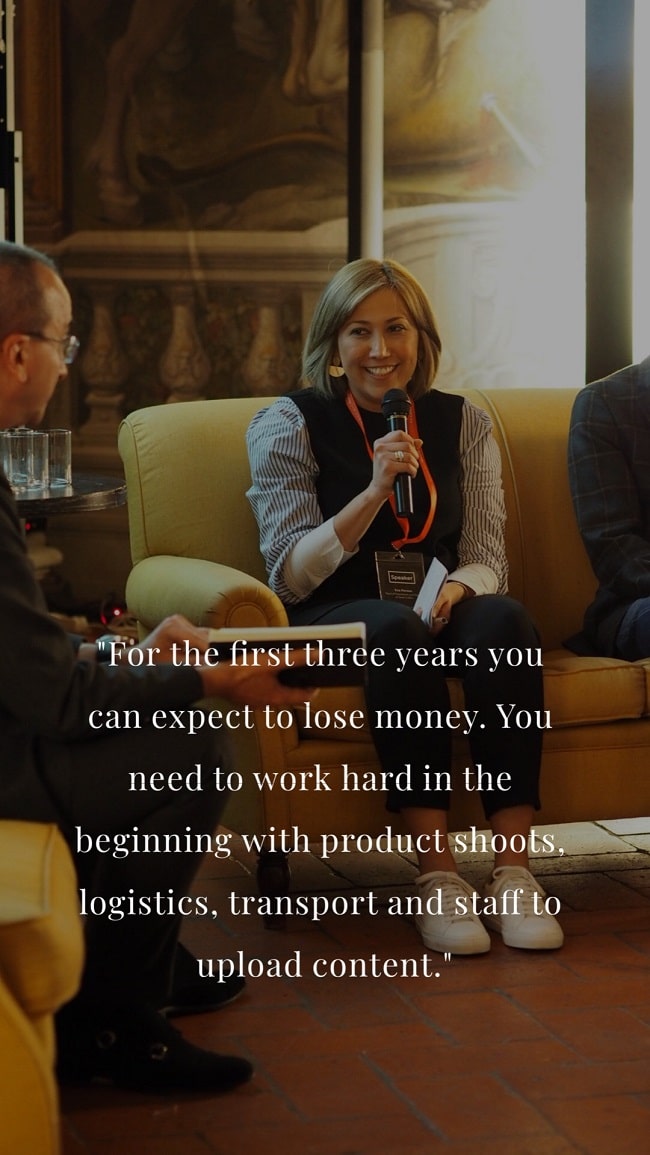
Finally, Federico Demartini, Head of Digital at ISAIA spoke about how ecommerce isn’t necessarily the best fit for all fashion businesses and highlighted his particular niche; “For a made-to-measure suit you need a tailor. You cannot do this through a website. The customer needs to stand for hours with people touching them.” Overall, the first Maschio Forum was a great success and certainly worthwhile. We will be back next year, and we hope to see if grow in popularity. The knowledge we’ve gained that we can put into practice is priceless and we’re excited to see what insights will appear next time around.
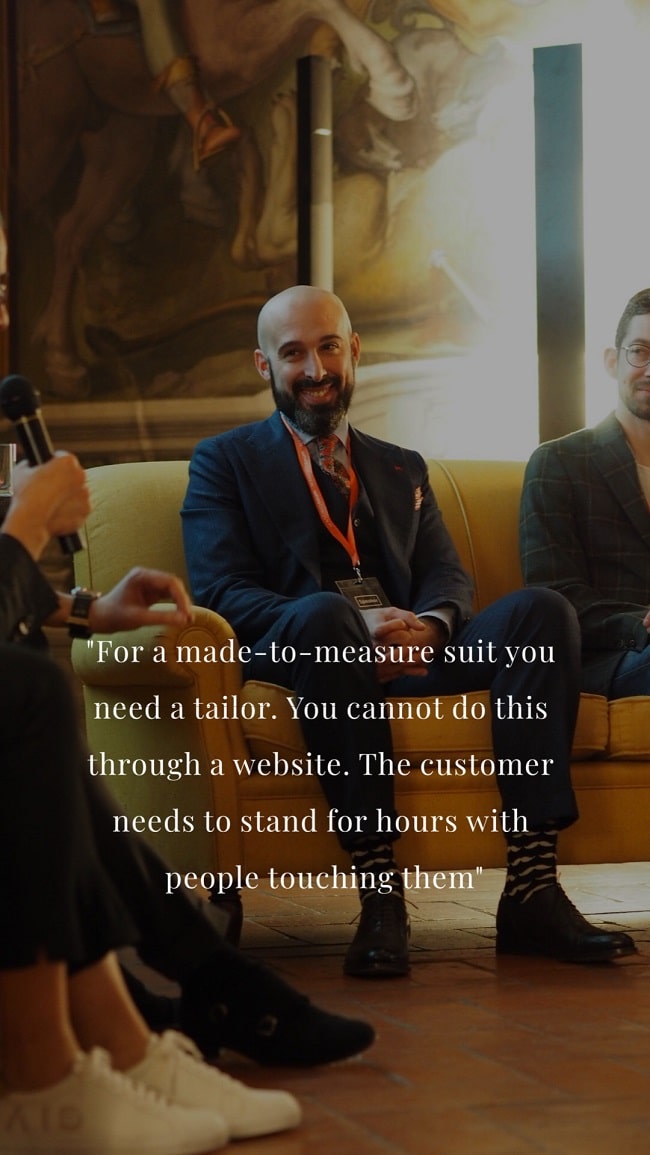

Trending
2
3
4
5
6
7
8
9
10






